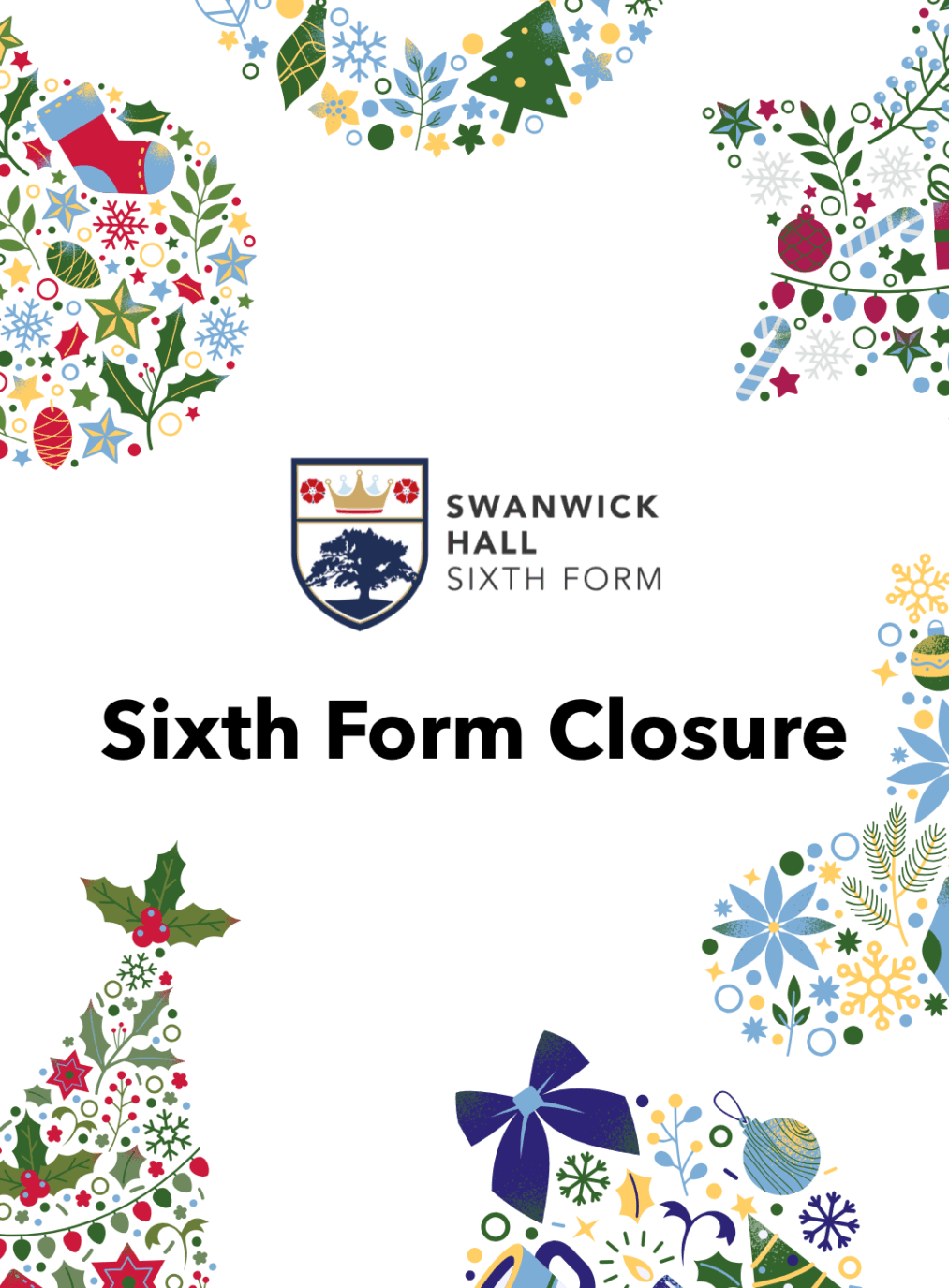English Combined Summary
English Language and English Literature is considered a high-status academic subject and as such is looked upon favourably by employers and university admissions officers. Students who decide to study English Language and English Literature are able to show that they have a broad and varied skill set. Studying English Language and English Literature shows that you have excellent powers of analysis, exceptional communication skills and the ability to read and absorb significant amounts of information. In addition to these skills, a key skill you will develop is the ability to listen to the views of others (peers as well as literary critics) and use these to formulate and extend your own thinking. At Swanwick Hall we expect students who choose this subject to enjoy reading and discussing texts. Most lessons are discussion based and allow students to explore and interpret texts in an engaging and active way. We expect a high level of participation from students in lessons and we expect students to be proactive and independent in their approach to their learning. English Language and English Literature is taught by a team of highly skilled and experienced teachers all of whom have excellent subject knowledge, but even more importantly they have a genuine enjoyment of and passion for the subject, something naturally we are really keen to instil in students.


